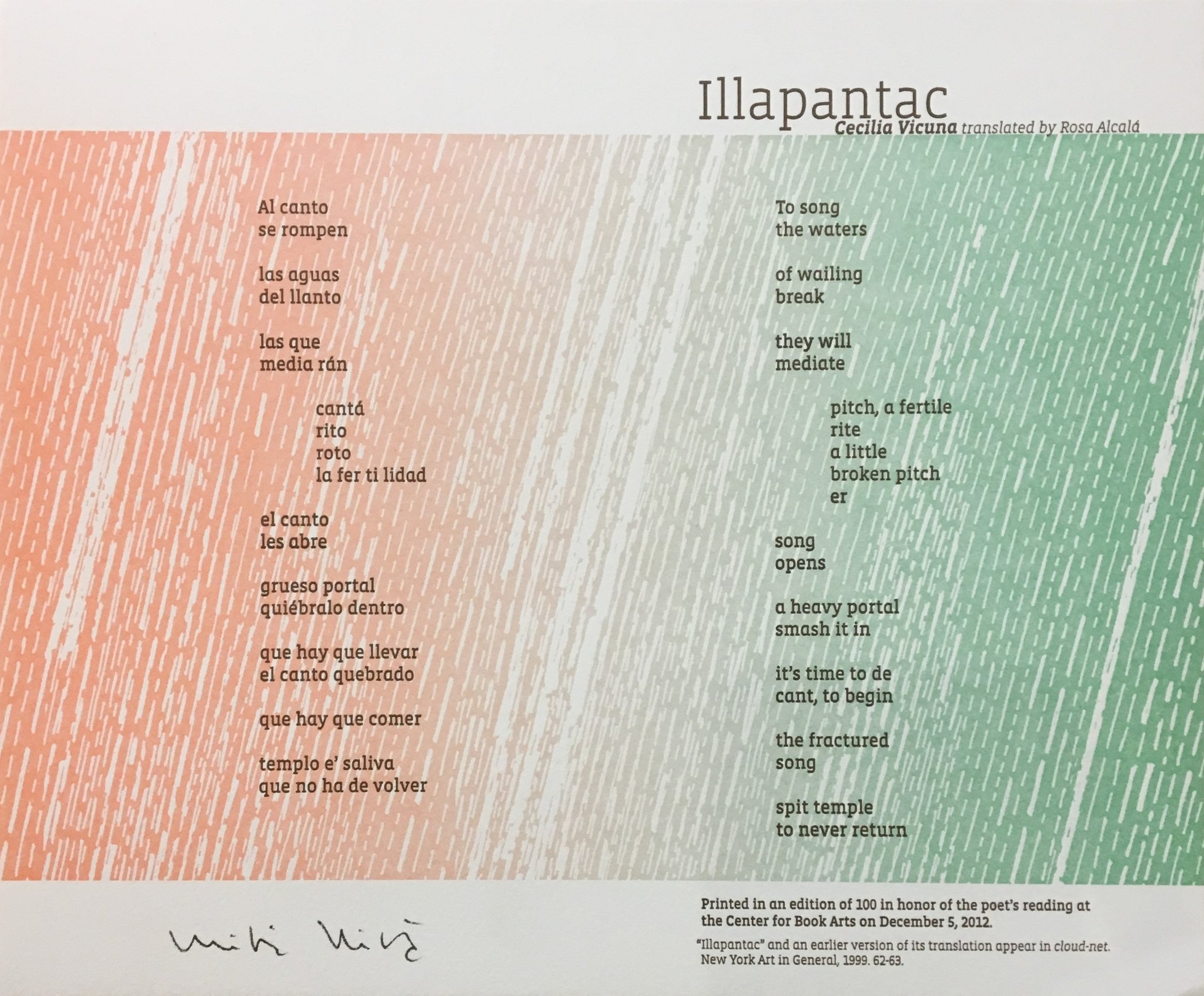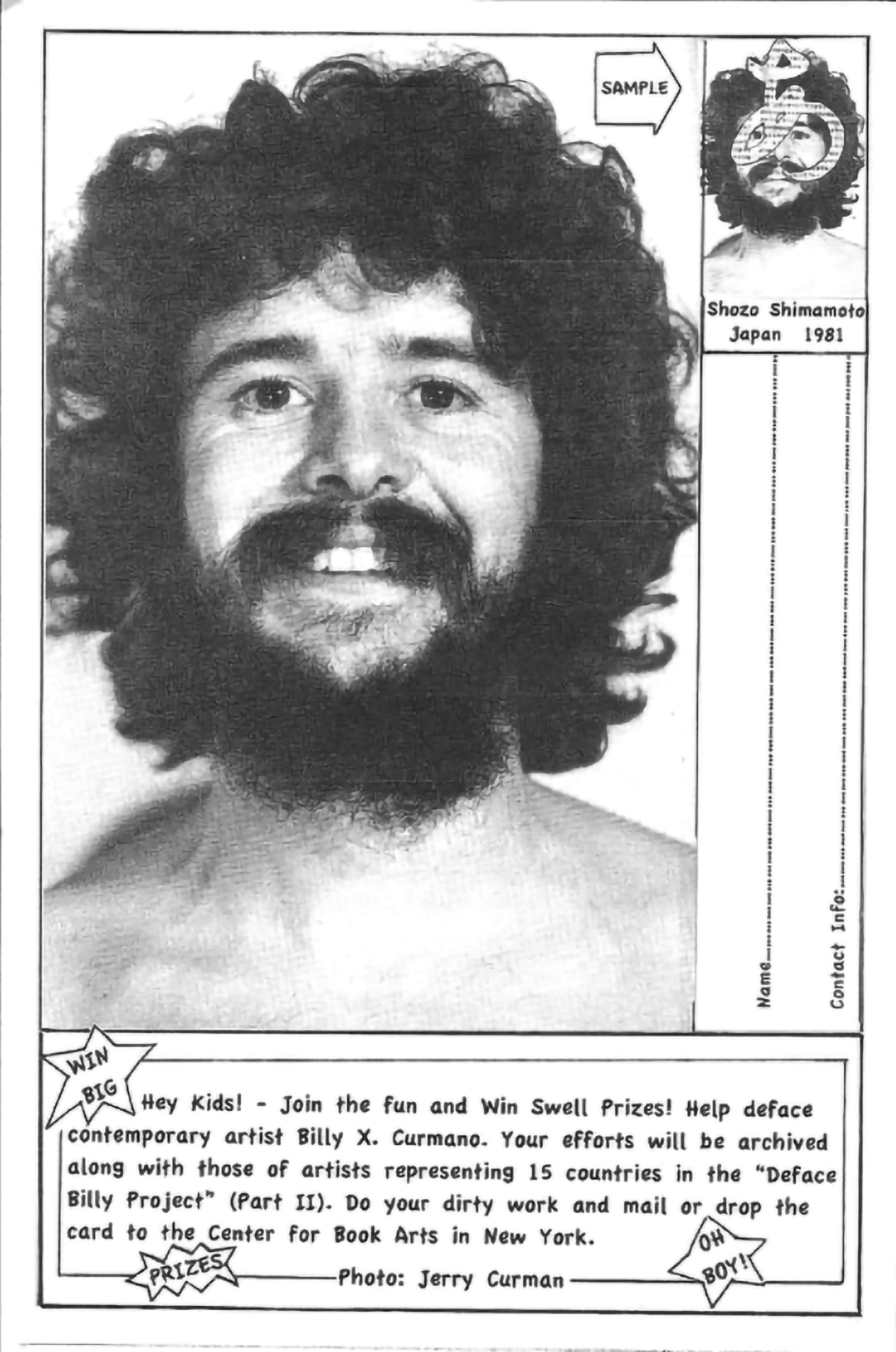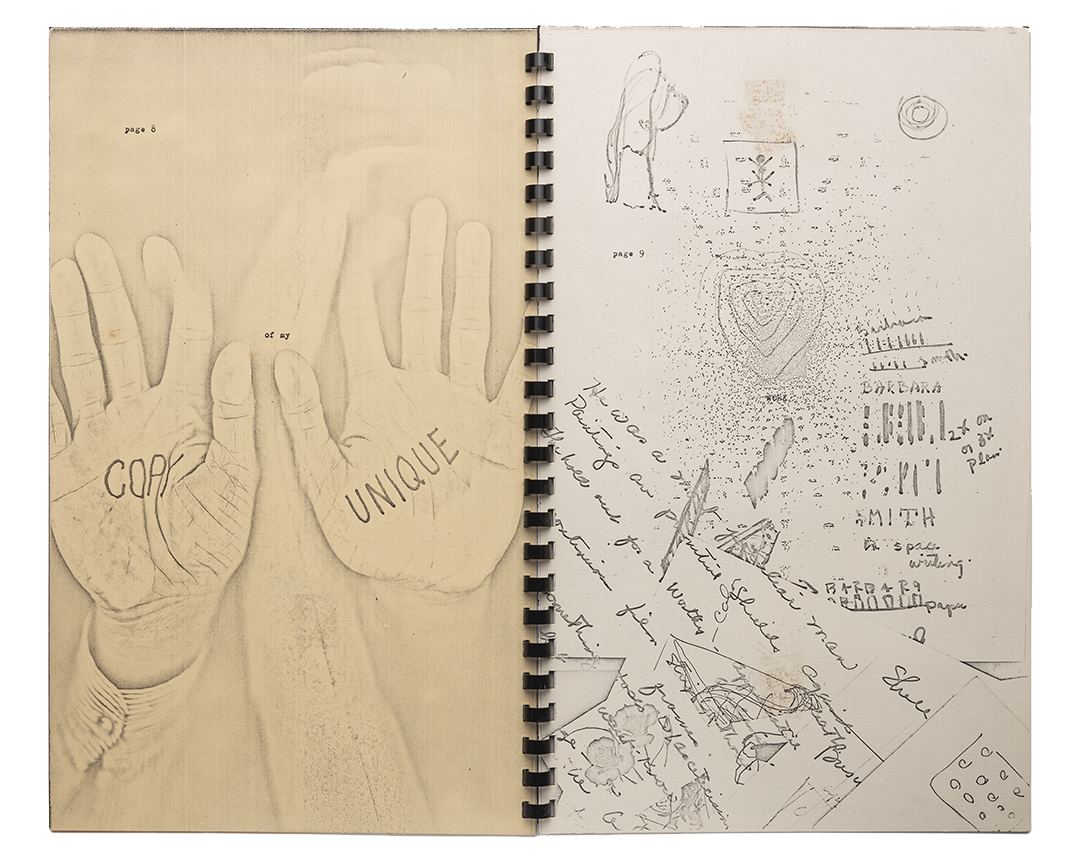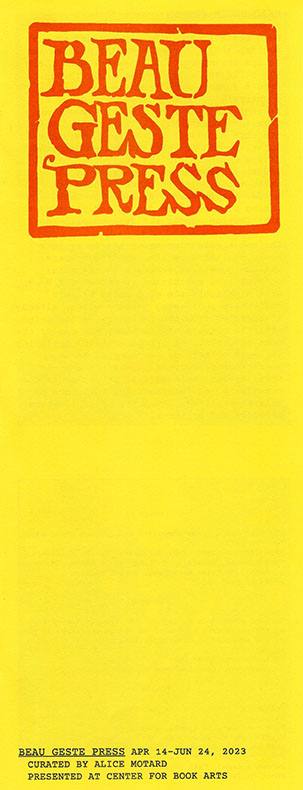Cecilia Vicuña
Cecilia Vicuña is a poet, artist, filmmaker and activist. Her work addresses pressing concerns of the modern world, including ecological destruction, human rights, and cultural homogenization. Born and raised in Santiago de Chile, she has been in exile since the early 1970s, after the military coup against elected president Salvador Allende. Vicuña began creating “precarious works” and quipus in the mid 1960s in Chile, as a way of “hearing an ancient silence waiting to be heard.” Her multi-dimensional works begin as a poem, an image that morphs into a film, a song, a sculpture, or a collective performance. These ephemeral, site-specific installations in nature, streets, and museums combine ritual and assemblage. She calls this impermanent, participatory work “lo precario” (the precarious): transformative acts that bridge the gap between art and life, the ancestral and the avant-garde. Her paintings of early 1970s de-colonized the art of the conquerors and the “saints” inherited from the Catholic Church, to create irreverent images of the heroes of the revolution. A partial list of museums that have exhibited her work include: The Museu de Arte Moderna do Rio de Janeiro, Brazil; The Museo Nacional de Bellas Artes de Santiago; The Institute of Contemporary Arts (ICA) London; Art in General in NYC; The Whitechapel Art Gallery in London; The Berkeley Art Museum; The Whitney Museum of American Art; and MoMA, The Museum of Modern Art in New York.
Vicuña has published twenty-two art and poetry books, including Kuntur Ko (Tornsound, 2015), Spit Temple: The Selected Performances of Cecilia Vicuña (Ugly Duckling Presse, 2012), Instan (Kelsey Street Press, 2001) and Cloud Net (Art in General, 2000). Her Selected Poems is forthcoming from Kelsey Street Press in 2017. In 2009, she co-edited The Oxford Book of Latin American Poetry: 500 years of Latin American Poetry. She edited ÜL: Four Mapuche Poets in 1997. She was appointed the Messenger Lecturer 2015 at Cornell University, an honor bestowed on authors who contribute to the “evolution of civilization for the special purpose of raising the moral standard of our political, business, and social life.” She divides her time between Chile and New York.




